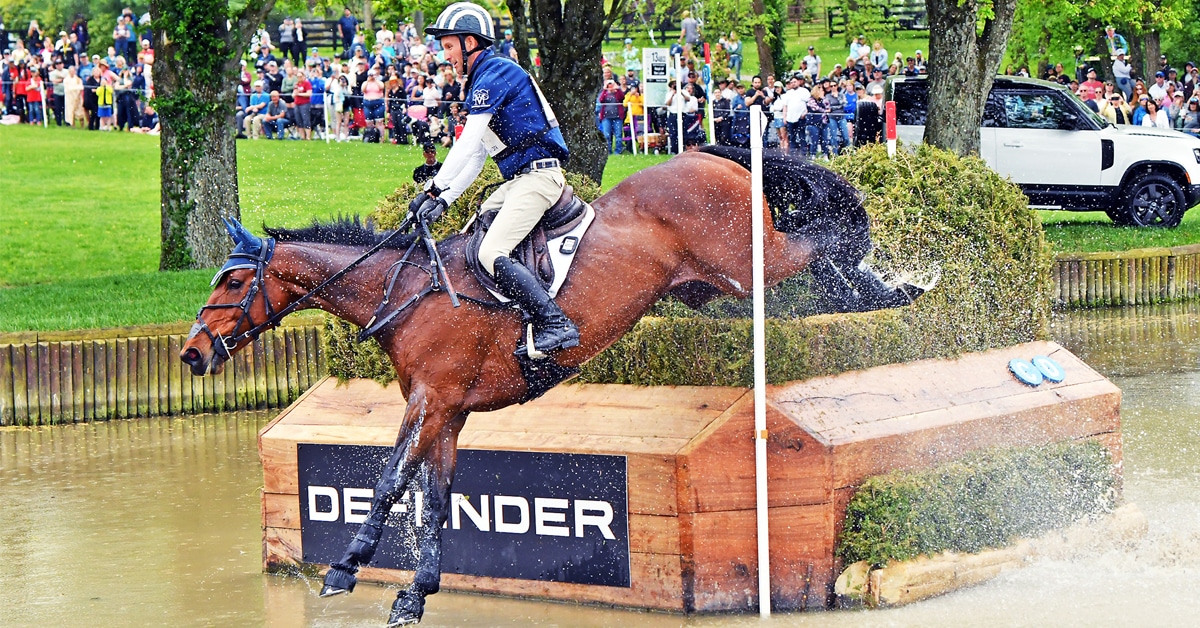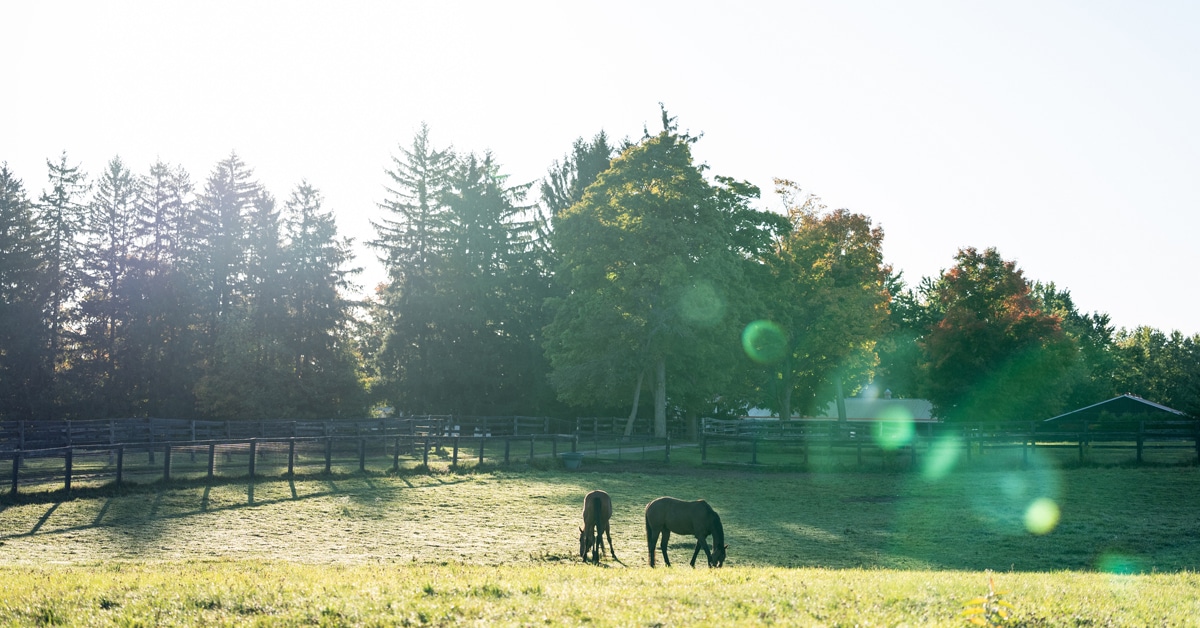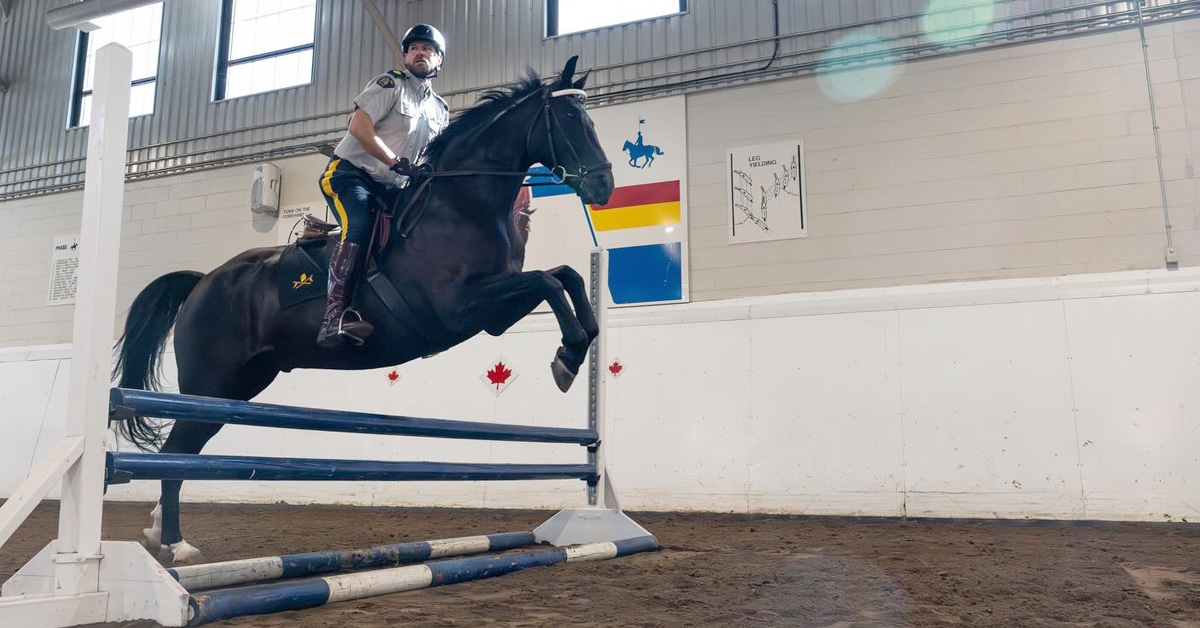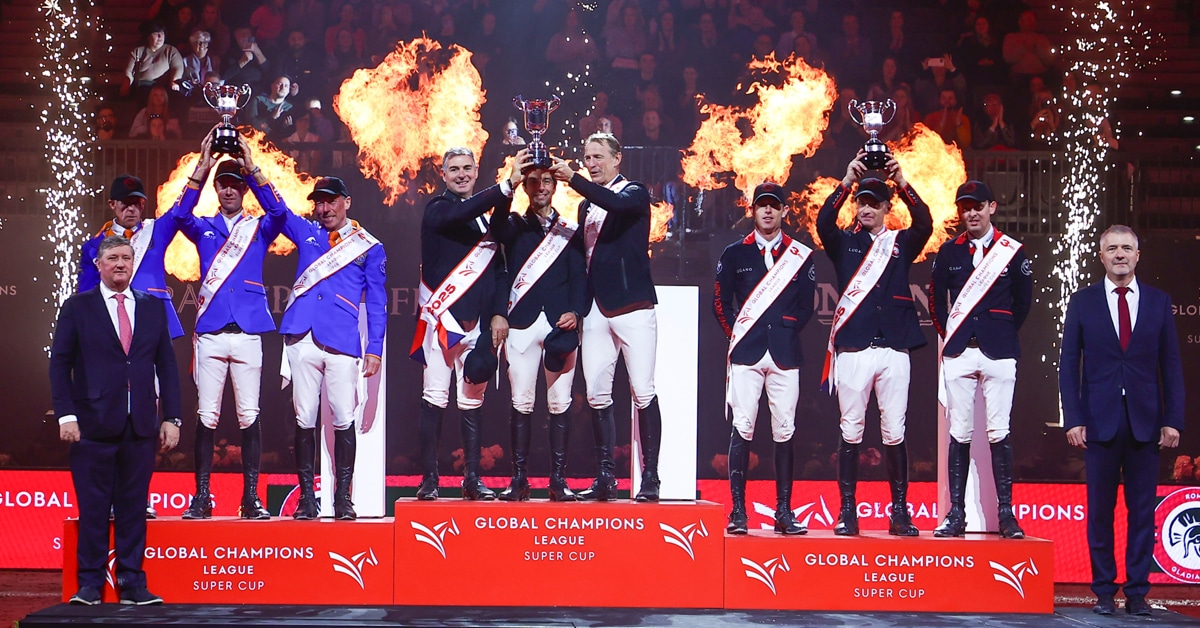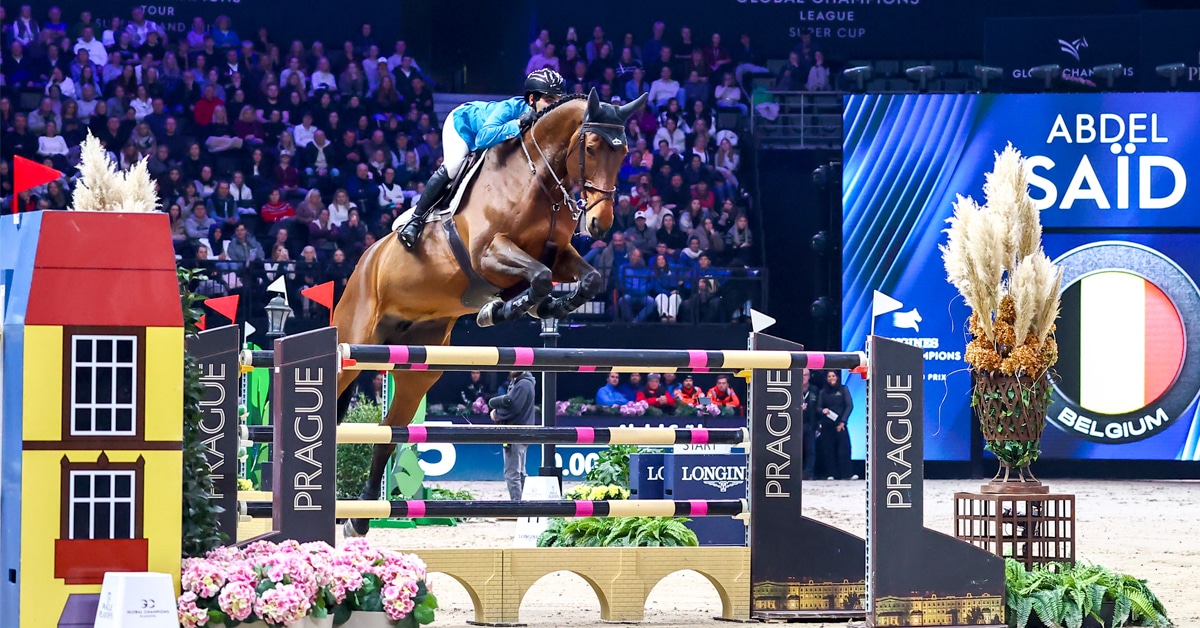The 2020 Olympic eventing cross-country course has been shortened to approximately eight (8) minutes and 4,500 metres in a further initiative to combat the effects of heat and humidity at the Tokyo Games in August.
The decision was based on advice from the FEI veterinary and eventing committees and was approved by the FEI Board by teleconference just before Christmas.
Organisers Tokyo2020 had already agreed to bring the cross-country start forward to between 07:30 and 08:00 hrs to enable an 11:00hrs finish, avoiding the potentially highest Wet Bulb Globe Temperature (WBGT) readings.
A FEI statement said: “The welfare of both human and equine athletes is at the heart of the FEI’s decision-making process and these decisions have been taken to allow competing nations to optimise their performances in the Tokyo summer climate. Further technical details on the eventing cross country course will be released in due course.”
The WBGT is a measure of the heat stress in direct sunlight, taking temperature, humidity, wind speed, sun angle and cloud cover into account.
This is the second time an Olympic Games in the Far East has reduced the cross-country to well below the usual 5,700 championship length at 570 metres per minute for welfare reasons. The Hong Kong (Beijing) course in 2008 was also designed to eight minutes, with 39 jumping efforts which made it demanding in other ways.
Tokyo track re-evaluation began soon after the publication the official study into the horses who participated in the much shorter test event in August 2019. That track measured 3,050 metres with a speed of 550m/min.
The study was conducted by the FEI’s long-time climate expert Dr David Marlin who wrote: “To put the expected effort in the context of previous course measurements, this has been compared with the analysis undertaken for Atlanta 1995 and 1996 and for long format cross country courses done at the same time. It is possible to analyse any course to make a comparison if we have the distance and elevation data.
“This analysis shows that a 5,700 metre track as originally proposed would be similar in effort to 1995 long format [old 3*] events at Bramham (GBR) or Blenheim (GBR).
“We can also estimate that the previously planned Tokyo 2020 full track at a WBGT of 28-32°C would be around 22-35% more effort than the same track in cool conditions (maximum WBGT of 20-23°C). Tight turns will also increase energy expenditure. We currently do not have good data to calculate this but a conservative estimate could be +5%.”
More News


